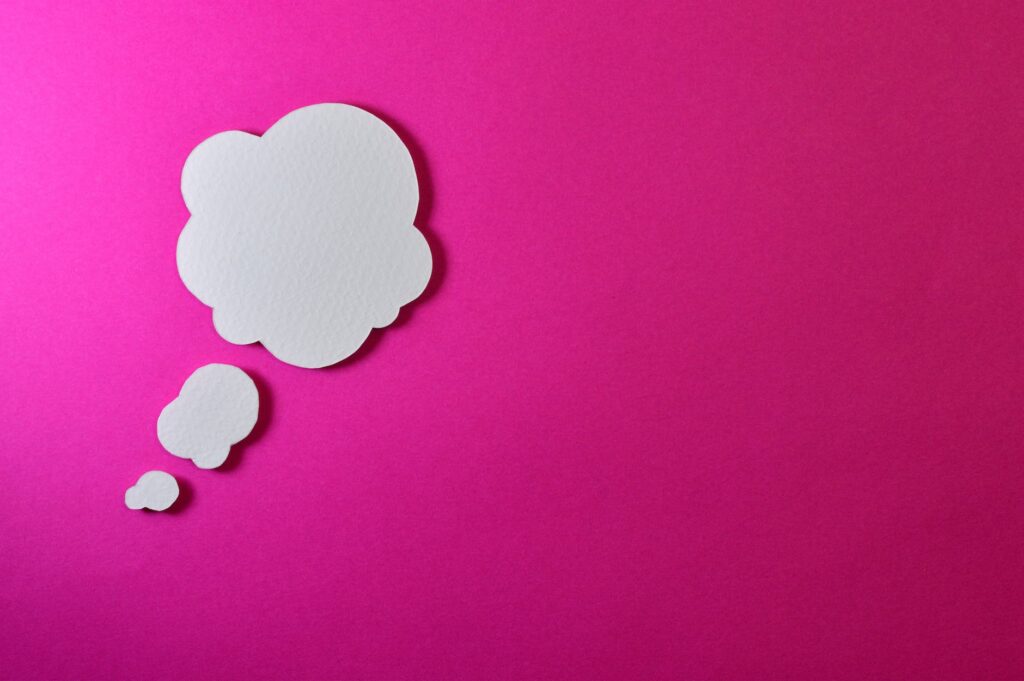All psychiatric patients are almost normal human beings if they are on proper medication. Often psychiatrists play games with their patients and change medicines if not frequently but once in couple of months. The changed medicines impact the senses of the psychiatric patients and they behave not in total normality. For few days of consuming changed medicines the patients tend to lose sleep and feel restlessness.
In all the probabilities, mainly the depressed persons, who take psychiatrist’s help for their treatment will become the victims. Usually due to high pressure of work and family problems plus burden of studies take people towards depression. In most cases, the depression might not be detected at the early stage by the family members of the deceased. Thus in worse situation of depression, the patients get the treatment for it and become as the customers of the psychiatrists.
Treatment of highly affected patients of depression will be done by some experiments by the psychiatrists. However, in few years the patients feel better and advised to continue their medication. They need to take medicines regularly because if they don’t then they won’t get better sleep.
Coming to the point, a psychiatric patient can keep fasts in Ramadan and on normal days as well. But, he or she needs to follow certain important guidelines, which are as follows:
- During the early morning Suhoor, they should eat good food and drink lots of water.
- If they need to take medicines for morning and night they can take their medicines soon after finishing Suhoor and Iftar respectively.
- They need to keep patience as fasting demands to keep patience.
- They should avoid social gathering when in fasting, and instead keep worshiping.
Khalid M Raza




